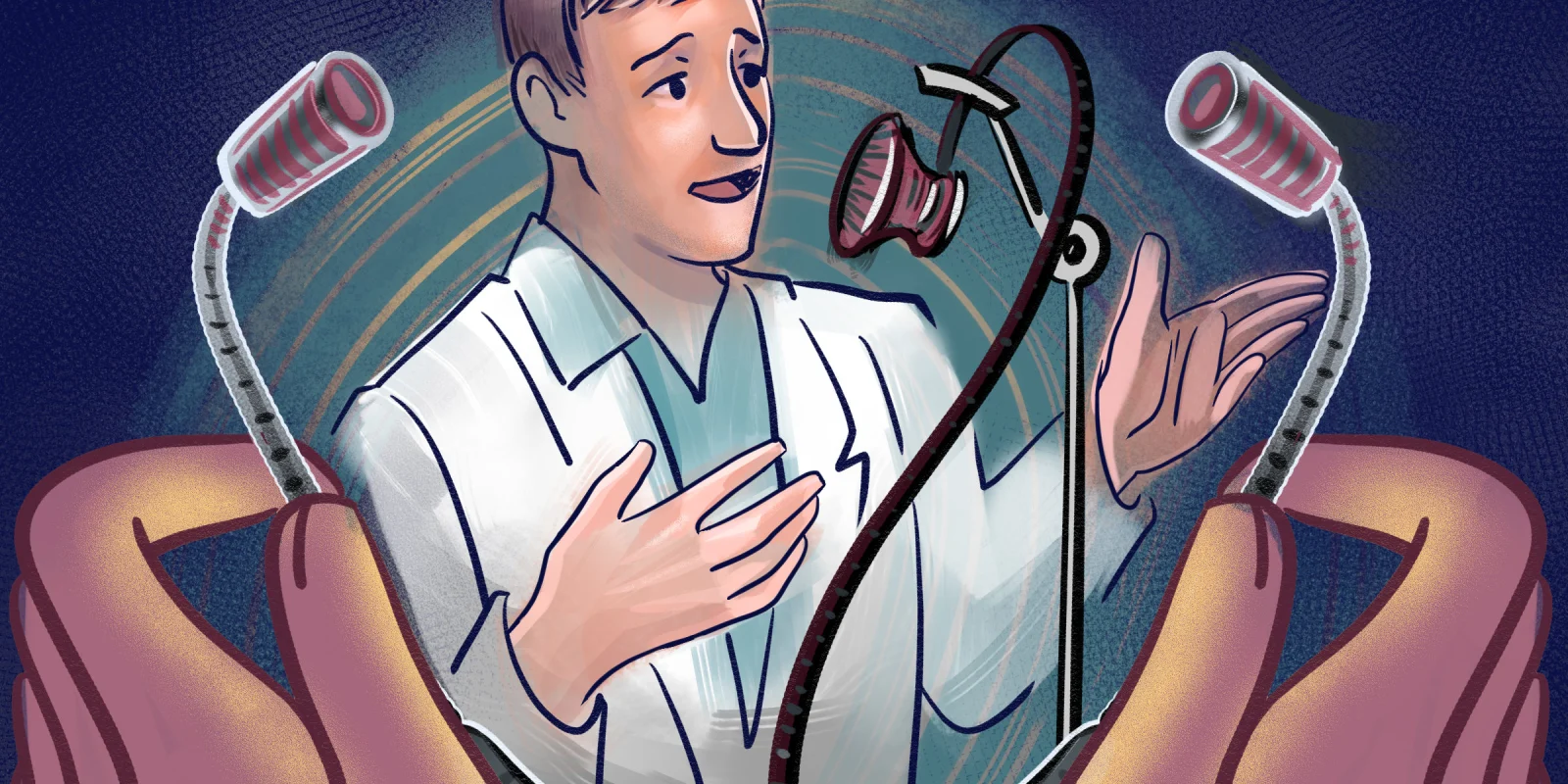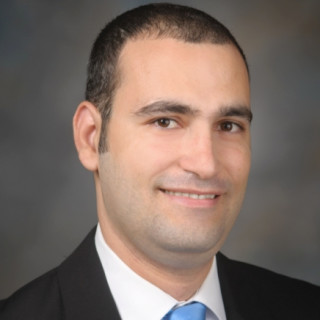A talk with Dr. Aziz Nazha about ASH abstract 655: Multicenter Validation of a Personalized Model to Predict Hypomethylating Agent Response in Myelodysplastic Syndromes (MDS)
What are the highlights that attendees should take away from your presentation?
We developed a machine-learning approach that looks at early changes in CBC values to predict response to hypomethylating agents (HMA) in myelodysplastic syndromes. The idea is similar to how voice recognition technologies like Siri can pay attention to the order of words in a sentence.
Our project can make accurate, explainable predictions about which patients are likely to benefit from continuing HMA therapy versus those unlikely to respond.
What is the central question that your study and/or presentation tries to answer?
Our study's central question was whether early changes in CBC parameters might reflect response — or lack thereof — to HMAs in myelodysplastic syndromes.
If applicable, what are the key findings from your study?
We found that a model that uses serial CBC+differential information during the first three cycles of HMA therapy can indeed accurately identify patients who will or will not respond.
For each patient predicted to respond or not respond, our model can generate heat maps explaining which components of their CBC+differential predict response versus non-response.
Examining model predictions in the context of other data from the model also provides an idea of the model's certainty about individual predictions.
How do these findings and/or conclusions potentially impact clinical practice?
Accurately predicting who will benefit from HMAs will allow patients to pursue other lines of therapy. In a clinical trial setting, a model such as this one might also be useful as an objective endpoint for changing therapies or adding additional agents.
What else would you like attendees to know about your presentation?
This model did not find any improved predictive value when including data from the IPSS, IPSS-R, karyotype, or myeloid malignancy next-generation sequencing panels.
What are 3–5 questions you would ask attendees about the topic of your presentation to spark an engaging conversation?
- How might the ability to make earlier predictions about hypomethylating agent response change individual practice patterns when treating MDS?
- Will orally bioavailable HMAs show similar trajectories of CBC/differential changes as for parenterally administered MDS, and if so, will similar predictive features be present?
- Will a similar model be informative in patients treated with combined HMA/venetoclax therapy?
- Will a similar model be informative for patients with AML who are unfit for standard induction therapy?
Dr. Naha has taken consulting fees or an honorarium from Karyopharma, Abbvie, Daiichi Sankyo. They have also received payment for lectures from Novartis and Incyte, and have ties to the Data Monitoring Committee and MEI Pharma.





